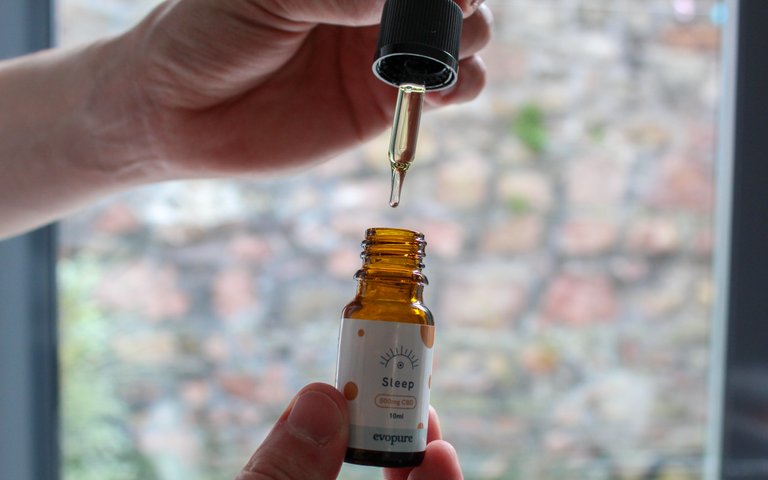Cannabis In Medical Science; From Rebel's Choice to Wellness Wonder
Cannabis is one substance that is very common in our community. It is popular amongst Hip Hop stars like Snoop Dog, and even some religion believe in the plant's medical benefit so well. Truthfully, it is common but it doesn't have the best reputation and this is probably because it is associated with bleary-eyed teenage wasters, and drug lords but in all this, Cannabis which was in the past viewed as a substance for Rasters and Rebels is now seen and portrayed in a different light by wellness gurus as the best solution for so many conditions.
It is no doubt that cannabis have been used in healthcare for thousands of years with its earliest mention being Ancient China about 4000 years ago by the then Chinese Emperor Shen Nung. It was also used in Ancient Egypt, and Greece but that wasn't all; it became popular in the 1800s with people of status including being used by Queen Victoria for the purpose of relieving pains.
While it was one of the favored substances for years, it lost its grace in the mid 1900s as a result of Henry Aslinger prohibiting the drug after the mexican revolution which led to the influx of refugees into America. He was able to make people believe that the drug was highly addictive and dangerous, and people who took it were likely to cause violence as it affects their mental health and could cause people to commit murder.
Since the clamp down on cannabis, marijuana has lost its grace, and it took almost 100 years to be considered as a legal form of healthcare as medical marijuana. We begin to ask ourselves why this plant has been for thousands of years, and still in existence even when the government clamped down on it?
Cannabis is a plant that contains lots of chemicals, in the hundreds and they are known as cannabinoids. These cannabinoids interact with the endocannabinoid system in the body which is responsible for regulating the body's internal environment. Although medical marijuana is used in a lot of states in the United States, and in a few country, it is not allowed in so many countries, termed as illegal because of its mind-altering power and its psychoactive drug Marijuana.
Studies on Cannabis and Cannabinoids is still very low because of the lack of access to the plant legally in so many parts of the world as a result limiting research that would look at the health properties of Cannabis, Cannabinoids, and CBD. In countries where the drug is regarded as legal, it needs to be prescribed by medical practitioners for specific situations.
The plant is composed of two major molecules which are Cannabinoid (CBD), and Tetrahydrocannabinol (THC), and they have different and opposing effects on the brain with THC attaches endocannabinoid receptors in the brain responsible for pleasure, thought, memory, time perception, and cordination, which is what causes euphoria and heightened sensitivity.
Smoking cannabis has been linked to increased risk of feeling suicidal and although it doesn't happen to everyone, it is important to keep this in mind. The other major molecule is CBD which doesn't have the same effect as THC. CBD is legally in countries where marijuana isn't allowed and it binds to theendocannabinoid system to become a potential treatment for almost everything including pain, depression, Parkinson, acne, pancreatic cancer, and so on although research is still in its infancy.
As we navigate this evolving landscape, the question of why cannabis, with its myriad chemicals and potential health benefits, has persisted for thousands of years despite periods of prohibition remains a compelling mystery, waiting for more comprehensive exploration.
Reference
https://www.sydney.edu.au/lambert/medicinal-cannabis/history-of-cannabis.html
https://www.scielo.br/j/rbp/a/ZcwCkpVxkDVRdybmBGGd5NN/?lang=en
https://www.journals.uchicago.edu/doi/pdf/10.1086/SHAD3201006
https://www.jstor.org/stable/3638725
https://nida.nih.gov/publications/research-reports/marijuana/what-marijuana
https://www.ncbi.nlm.nih.gov/pmc/articles/PMC3736954/
https://www.ncbi.nlm.nih.gov/pmc/articles/PMC8221009/
https://www.ncbi.nlm.nih.gov/pmc/articles/PMC5877694/
https://www.healthline.com/health/endocannabinoid-system
https://www.alternaleaf.com.au/post/cbd-vs-thc
https://www.nccih.nih.gov/health/cannabis-marijuana-and-cannabinoids-what-you-need-to-know
https://www.polln.com/medicinal-cannabis-library/cbd-oil-explained


Thanks for your contribution to the STEMsocial community. Feel free to join us on discord to get to know the rest of us!
Please consider delegating to the @stemsocial account (85% of the curation rewards are returned).
Thanks for including @stemsocial as a beneficiary, which gives you stronger support.